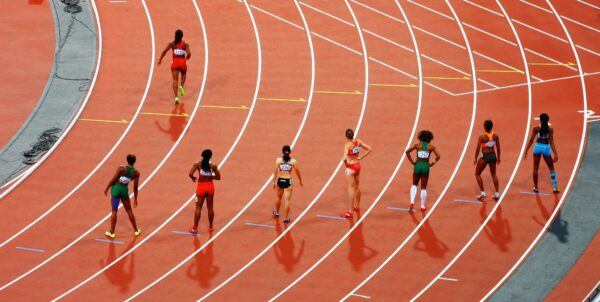From Rome to Rio: The History of Sports Medicine
Sports and competition have been a part of human civilization for thousands of years spanning the Olympics of ancient Greece and the multi-billion dollar industries built around professional leagues today. It should come as no surprise, then, that sports medicine has been around for almost as long. Ever since humans have tried to run faster, jump higher and throw further, there have been individuals dedicated to helping them stay healthy and perform better. We briefly trace the history of sports medicine from ancient Greece to today’s locker rooms and clinics.
In The Beginning…
Sports medicine originated in ancient Greece and Rome at a time when success in sport and competition were increasingly prized. However, the young athletes that competed in the Olympics and other sporting events were inadequately trained.
Methods to improve this training and provide better overall supervision of young athletes’ physical education were designed. This was the beginning of a coordinated effort to encourage physical education and increase the strength and abilities of the athletes in carefully controlled environments.
Dating from the 5th century BC, efforts were to reduce the risk of injury starting most notably with Greek physicians Herodicus and Galen. They are credited with using therapeutic exercise to help heal injuries, and monitor the gladiators, respectively.
Great Leaps Forward
Sports medicine progressed slowly in the centuries after its ancient inception. However, the rebirth of the Olympic Movement in 1896 played an important role in boosting the profile of the profession. The modern Games served as a catalyst to research efforts directed at the reduction of sport injuries.
There would be many advances in sports medicine after the turn of the 20th century as practitioners became better educated and professional networks grew. For example, a decisive factor in the development of sports medicine was the International Hygiene Exhibition in Dresden in 1911. In the wake of this event, and as a direct result of its success, came the inaugural congress for physical exercise. Another major step was the creation in 1924 of the German Federation of Physicians for the Promotion of Exercise. This event is commonly cited as the birth of sports medicine as an organized profession.
Picking Up Steam
One of the pioneers of modern sports medicine was Dr. J.C. Kennedy who organized a team of doctors to travel with the 1968 Canadian Olympic team to Mexico City. The concept of bringing team doctors to ensure the health and top performance of elite athletes would become standard practice for every team participating in high-level sporting events.
The Here And Now
Today, sports medicine has become an extremely specialized and valued profession in the athletic community. Consequently, professionals are sought by everyone from house-league hockey players to the most elite athletes on the planet. Much of the latest research in the sports medicine industry today focuses on preventing injuries and using technology to combat and rehabilitate injuries. For example, the bionic knee brace, cryo-therapy and personalized medicine are some of the latest developments in the field. They represent efforts by modern practitioners to use science to help athletes heal quickly and perform to their full potential.








